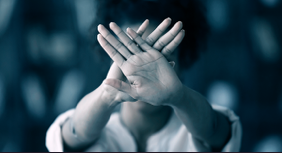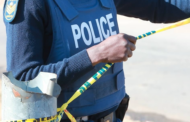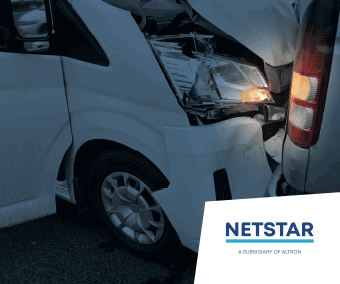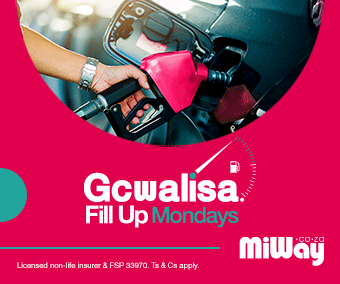Gender-based violence (GBV) continues to affect millions of women and children around the globe, with one in every three women estimated to be physically, sexually, or otherwise abused in her lifetime, according to the World Health Organisation. This number is thought to be even higher in South Africa, where research from The Lancet Psychiatry Commission indicates that almost 50% of females over the age of 15 have experienced physical or sexual abuse.
The 16 Days of Activism Against Gender-Based Violence campaign seeks to highlight and bring awareness to the negative impact that GBV has on females. Running annually from 25 November (International Day for the Elimination of Violence Against Women) to 10 December (International Human Rights Day) the campaign provides an opportunity to increase education about GBV and femicide.
“Sadly, GBV is a very real danger for far too many women and young girls in South Africa,” says Peter Olyott, CEO of financial services provider, Indwe Risk Services (Indwe). “It is a complex social issue that is incredibly difficult to address and that is why the 16 Days of Activism campaign is so important. The only way to overcome the scourge of GBV is to understand it and to face it head-on.”
Understanding GBV in South Africa
UN Women explains GBV as violence that is directed towards a person because of their gender. In South Africa and the world over, GBV disproportionately affects women. Psychological trauma and physical injury are the main concerns, however, GBV has considerable knock-on effects across society. The high prevalence of GBV places a significant burden on healthcare facilities as well as the criminal justice system. Moreover, GBV is a major driving force of the HIV pandemic in South Africa.
Contributing factors
When it comes to GBV there is no single factor that can be blamed. Instead, a comprehensive view of culture, socioeconomic status, religion, and community life is needed. That said, here are some leading causes:
Financial dependency, which leads women to return to their abusive partners
Patriarchal cultures and religions which perpetuate the idea that women are inferior to men
Alcohol abuse (another key issue facing our society) goes hand-in-hand with GBV as men with alcoholism are three times more likely to commit domestic abuse
Strategies to address GBV
Both prevention and intervention strategies are key to combatting the challenge of GBV. The 16 Days of Activism Against Gender-Based Violence brings these strategies into sharp focus. This international campaign was launched in 1991 with the ultimate goal of eliminating GBV.
Indwe supports this goal with its ‘My Personal Lifeline’ (MPLL) offering, which was launched mid-year in 2021. As part of MPLL, any Indwe client who has the policy can nominate a survivor to receive domestic abuse benefits and support. This lifeline is intended to get the survivor to a place of safety and to limit further intimidation or manipulation by the abuser.
The Domestic Violence Assistance includes the following:
– A professional security guard is sent to collect the survivor and/or children.
– Assistance in opening a criminal case against the perpetrator.
– Hotel accommodation for up to 3 days to the value of R6 000 per annum.
– A cell phone loaded with pre-paid airtime to the value of R200.
– A debit card pre-loaded with R500.
Says Olyott: “The effects of GBV echo through society, causing a huge economic and human cost. This is why Indwe is positioning itself to help survivors through the MPLL offering.”
To find out more about ‘My Personal Lifeline’ contact an Indwe advisor on 0860 13 13 14 or indwe@indwe.co.za.


























